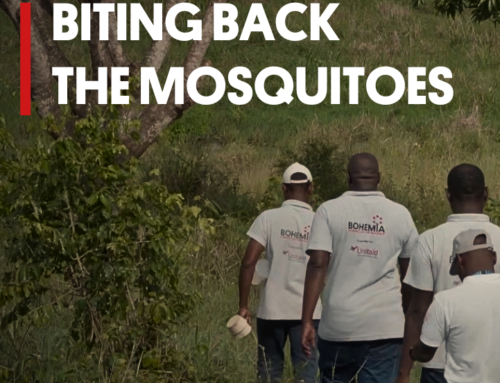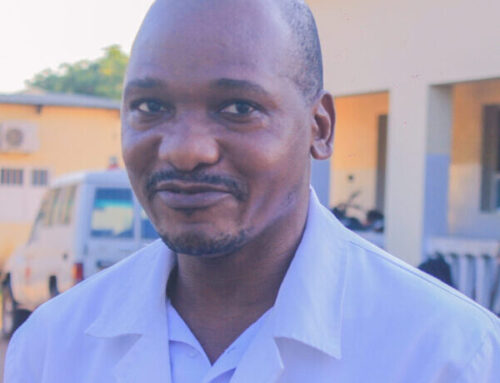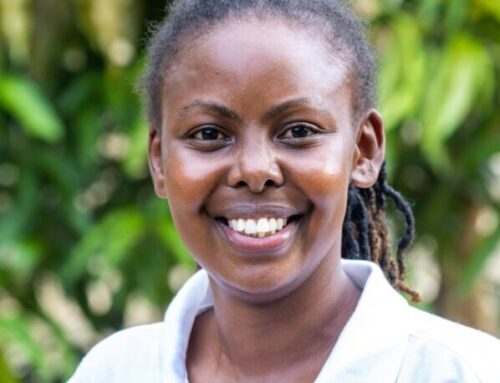Groundwork begins in Kenya’s Kwale County for the implementation of a large malaria trial that will administer ivermectin to both humans and cattle

Photo: Canva
Following the mass drug administration (MDA) of ivermectin trial in the Mopeia district of Mozambique, the BOHEMIA project is now set to implement the malaria trial in its second site, Kwale County in Kenya. The Unitaid-funded, ISGlobal-led consortium is exploring the use of ivermectin as a malaria vector control tool. The trial in Kenya will take place in close collaboration with the Kenya Medical Research Institute and the KEMRI | Wellcome Trust research program.
“This is a massive trial and we are seeking answers to several questions in parallel. Gone are the days of siloed health research. Today, we have scientists, entomologists, anthropologists, and community health workers, all sharing the same table,” shares Marta Maia, co-Principal Investigator of the trial in Kenya.
Kwale County: climate, demography and malaria prevalence
Kwale County is spread over 3,200 square kilometers and is known for its hot and humid climate with two rainy seasons in the spring and the fall, ideal for mosquito populations to thrive. Ranging from 20-30%, it has the highest malaria prevalence in Kenya’s coastal region.
Msambweni and Lungalunga, sub-counties in Kwale, have been chosen as the target regions for the MDA as their homogenous, rural population of over 375,000 inhabitants can self-contain the full study. Unlike in the Mopeia district where a full census was conducted for the MDA, in Kwale, the project will only undertake a demographic survey as there is pre-existing data from the national census of Kenya.
Besides the epidemiological merits of choosing Kwale, the site is also one of the areas with the highest cattle density in Eastern Africa. This will be greatly beneficial for a project like BOHEMIA, which is guided by the One Health approach, simultaneously evaluating the role of animals in malaria transmission, along with that of humans. Mapping has shown significant overlap between the cattle-owning and malaria-affected populations.
Joseph Mwangangi, co-Principal Investigator of the trial in Kenya explains how the upcoming trial in Kwale will strengthen the data being generated, “The only thing that Mozambique and Kenya have in common is perhaps malaria. These are two countries with very different epidemiology, social structures, and climate conditions and such diversity of data will play a crucial role in informing policy decisions in the future.”
Next steps for the trial in Kwale
The BOHEMIA trial design includes the main protocol of assessing the safety and efficacy of ivermectin to break malaria transmission at the community level. It also includes five sub-studies on ‘demography’, ‘health economics & animal health’, ‘entomology’, ‘environmental impact’, and ‘social sciences’. After the first step of selecting the target community for the MDA, the team will commence community engagement activities to make way for the smooth introduction of the demographic survey. The MDA, which is the backbone of this project, is expected to take place around May 2023.
The sub-study on ‘environmental impact’ is unique to the Kenyan trial and will be led by Virginia Tech. This sub-study will assess whether mass administration of ivermectin to humans and cattle will have any subsequent negative environmental effects. Meanwhile, the entomology team in Kenya will be following the footsteps of the work done in Mopeia where a locally designed insectary and laboratory were set up to study local mosquito populations.
In contrast to Mopeia, where the work was carried out by a large group of fieldworkers that had to be trained for the project, Kwale already has up to 670 trained volunteer community health workers who will be assisting the BOHEMIA team with certain aspects of the project’s fieldwork.
“Having overcome obstacles like disruptions during the early waves of the COVID-19 pandemic and multiple devastating cyclones in Mozambique, the team has come out stronger. We are motivated and excited for this next phase of the project, and ready to jump through any future hoops we may face. Hopefully, all the hard work will have been worth it when we have a new addition to the malaria control toolbox,” comments Mary Mael, the project manager.






